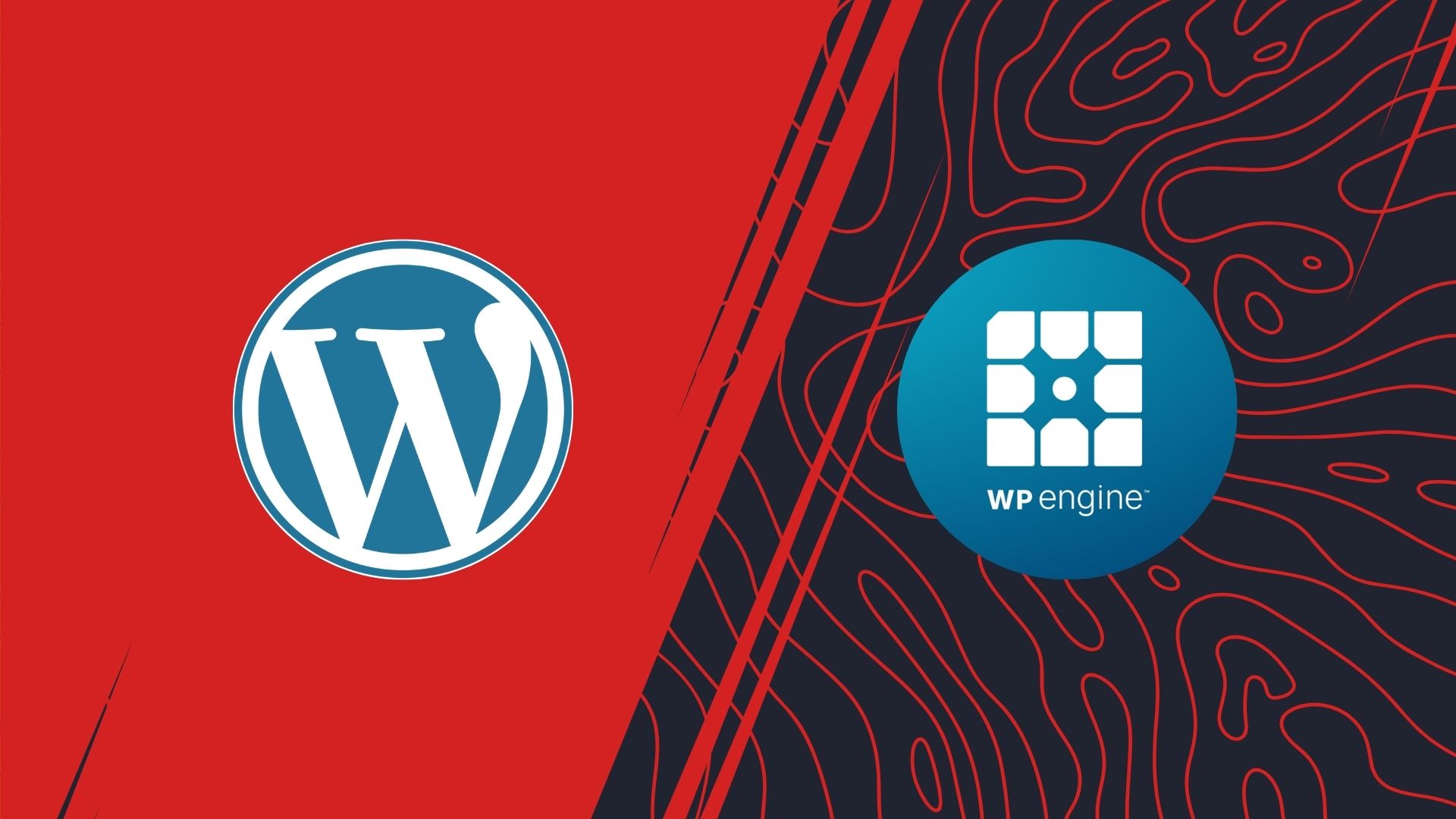The ongoing legal battle between WP Engine, a popular WordPress hosting service, and Automattic, the parent company behind WordPress.com, has taken a significant turn. On December 11th, the US District Court for the Northern District of California issued a preliminary injunction in favour of WP Engine, ordering Automattic to cease actions that disrupted WP Engine’s business operations.
This ruling adds another chapter to a conflict that has highlighted tensions within the WordPress ecosystem, affecting businesses and users alike.
The court’s order demands that Automattic stop:
“Blocking, disabling, or interfering with WP Engine’s and/or its employees’, users’, customers’, or partners’ access to WordPress.org.”
“Interfering with WP Engine’s control over, or access to, plugins or extensions.”
Furthermore, Automattic is required to restore WP Engine’s access to WordPress.org, including its resources and functionalities, to how they existed before September 20, 2024.
Judge Araceli Martínez-Olguín was critical of Automattic’s actions, stating that its targeted measures specifically against WP Engine exacerbated harm to the company.
This harm was evident in a notable increase in cancellation requests from WP Engine customers during the conflict—a 14% spike between September 26 and 30 and a 17% increase between October 1 and 14.
What sparked the dispute?
The conflict began with accusations from Automattic CEO Matt Mullenweg, who described WP Engine as a “cancer” on the WordPress ecosystem for allegedly taking more from the open-source community than it contributed. This led Automattic to block WP Engine’s access to WordPress.org servers and seize control of WP Engine’s Advanced Custom Fields (ACF) plugin.
In response, WP Engine filed a lawsuit alleging that Automattic’s actions caused immediate and irreparable harm. The court agreed, stating that Automattic’s actions were “designed to induce breach or disruption” of WP Engine’s business relationships.
The broader implications
For marketers and businesses relying on WordPress, the preliminary injunction brings much-needed stability. WP Engine can now resume using WordPress.org’s critical resources, ensuring functionality for its customers. Additionally, the ruling underscores the importance of fair play in the WordPress ecosystem, a community-driven platform that relies on collaboration and mutual benefit.
Automattic, however, is not backing down. A company spokesperson called the ruling a “preliminary order designed to maintain the status quo” and emphasized that it was issued without full discovery of the facts. They plan to file counterclaims against WP Engine and remain confident about prevailing at trial.
Mullenweg also expressed dissatisfaction with the decision, sharing a post on X that criticized the court’s order for forcing an open-source maintainer to provide services to a user.
A win for WP Engine
WP Engine has hailed the court’s decision as a victory, with a spokesperson stating:
“The order will bring back much-needed stability to the WordPress ecosystem. WP Engine is focused on serving our partners and customers and working with the community to find ways to ensure a vigorous, and thriving WordPress community.”
For now, the court’s decision protects WP Engine’s operations and offers reassurance to businesses relying on its services. However, marketers and website owners should stay updated on this case, as its resolution could influence how WordPress operates in the future.






